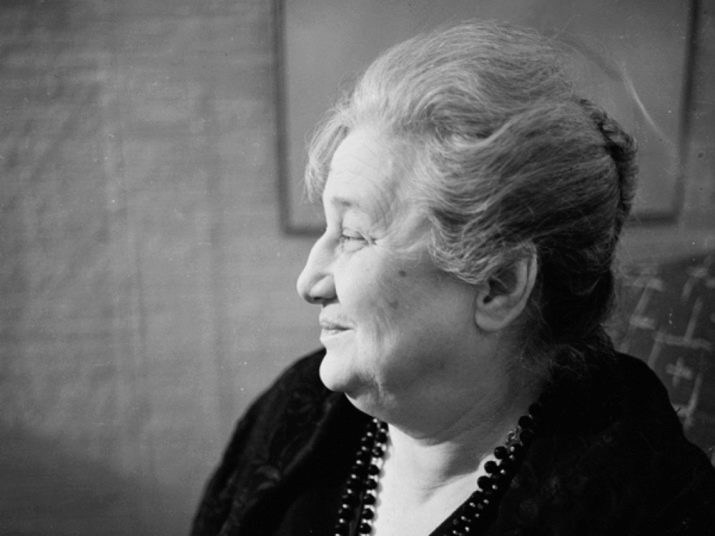This is not taught at school: the secrets of Anna Akhmatova’s personal life
July 23 in Russia is a special date. In 2019, this day marks the 130th anniversary of the birth of the Russian poetess Anna Akhmatova, whose work everyone goes back to school.
But as part of the school curriculum, little is said about what was this amazing woman really likewhat she lived, what she dreamed about, why she did incredible things and simply came up with half of her biography, withheld some facts that became obvious only recently.
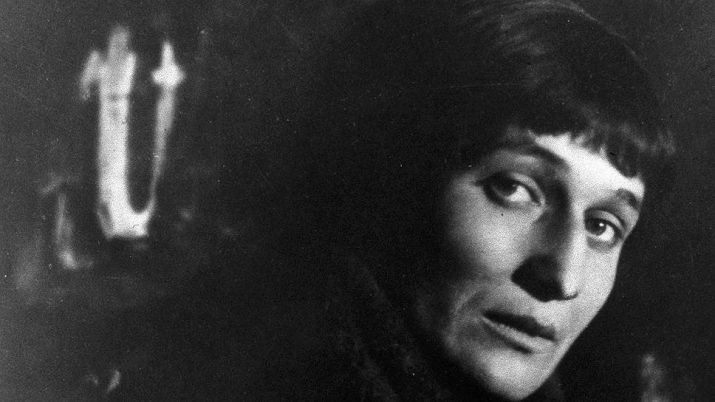
Anna Andreyevna Gorenko - the daughter of a marine engineer, was born near Odessa on July 23, 1889. A large family, where there were six children, rested on the wisdom and patience of mother Anna, who devoted herself completely to children. A year after the birth of Anna, the family moved to Tsarskoye Selo.
The girl grew up impressionable, vulnerable, painful. Anna met her first husband when she was only 14 years old. Nikolai Gumilev at that time was 17 years old, and the young man was subdued by the strange and unusual beauty of Anna - gray deep eyes, black and thick hair and a completely Greek antique profile with a light hump. What else did the young poet need for inspiration?
Anna was not a beauty in the generally accepted sense of the time, but she was a beauty for him - Gumilyov. It just was not like anyone.
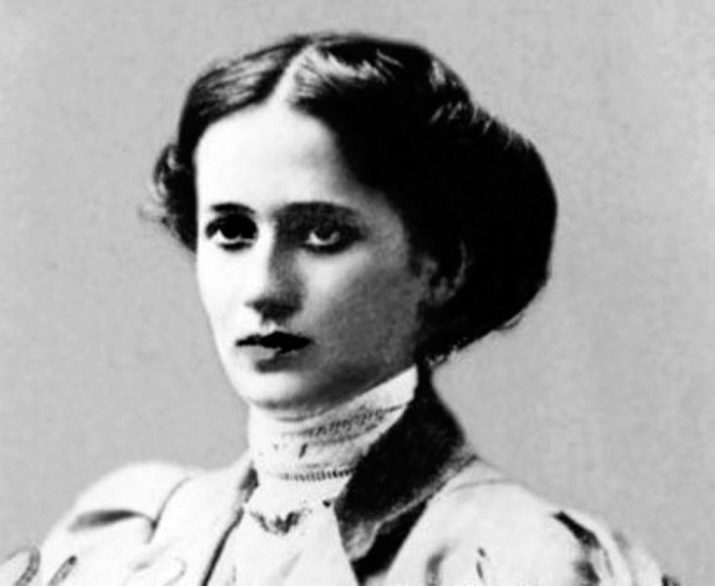
Exactly 10 years, Gumilyov carefully looked after Gorenko, gave flowers, wrote poetry to her. And once he decided on outright stupidity, for which he could pay dearly - he picked flowers for her by the day of her birth under the windows of the imperial palace. But everything worked out, he was not caught.
Anna remained impregnable like a rock. Out of desperation, Gumilyov tried to commit suicide. Most likely, it was an impulsive trick of a vulnerable poetic soul, with which he hoped to attract the attention of his beloved, but Anna was frightened and stopped communicating with Gumilyov.

Anna began to write poetry, taking a creative pseudonym in honor of her great-grandmother, whose family came from Khan Akhmat - Akhmatov. Gumilyov was obsessed with the idea of getting married and continued to propose to her. Historians say that during this time he made about three unsuccessful suicide attempts, but this is a moot point.
It’s hard to say what Anna was thinking when, unexpectedly, in 1909 agreed to marry Gumilyov. She considered this to be fate, and not love, which she herself wrote in letters to friends, who were preserved in the archives. She asked not to blame her for this decision.
Relatives of Anna unanimously declared that such a marriage was initially doomed. None of them paid tribute to the wedding ceremony. Anna wanted to make the unfortunate Gumilyov happy. But, as is often the case with creative people, having received the desired, Nikolai cooled down and cooled to his wife. He hit travels, if only to be less likely to be at home.
Two years after the wedding, Anna Akhmatova released the first collection of her poems, and in the same year the son Leo was born. Gumilev was not ready for fatherhood even more so than for marriage. He did not like baby crying. The child was given to the education of the mother-in-law, the mother of Nicholas.

Having survived all this, Anna continued to write, but changed dramatically - she turned from a girl into a magnificent woman. She got fans.
With the beginning of the First World War, Gumilyov found a reason to go to the front, was wounded, and after being wounded he remained in Paris. Anna felt like a widow with a living husband. She remained in Russia.
When patience snapped, she asked for a divorce and married a second time to Vladimir Shileiko, a scientist and poet. It was a step of despair, Anna then called the second marriage "interim." Vladimir was ugly, pathologically jealous. He did not allow Anna to leave their homes, forced him to rewrite translations of his scientific works and chop wood for heating. He forbade her to correspond with friends, burned letters, and finally forbade her to write poetry. It all ended in her flight from home and divorce.
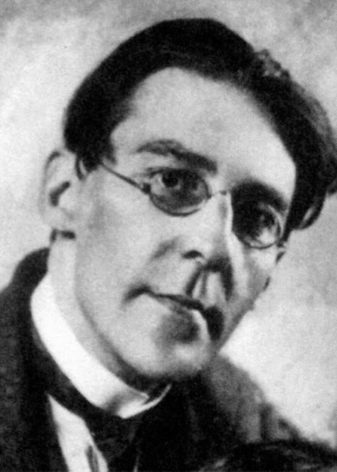
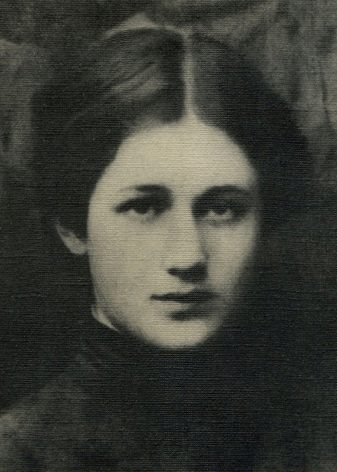
After the arrest of her ex-husband, Gumilyov Akhmatova fell into disgrace in power. She was not printed, she was on the verge of poverty. Akhmatova wore one hat and one old coat in any weather. But how great she wore these old things!
The third and civil husband of Anna was the critic and historian Nikolai Punin. He brought his wife to his home, where his first wife and daughter continued to live. Relations have turned into an eternal triangle painful for everyone. Anna was allocated a sofa and a small table. It was her territory. Punin was the same sufferer - he was tormented by the fact that his wife was more talented than he. He humiliated Anna regularly.
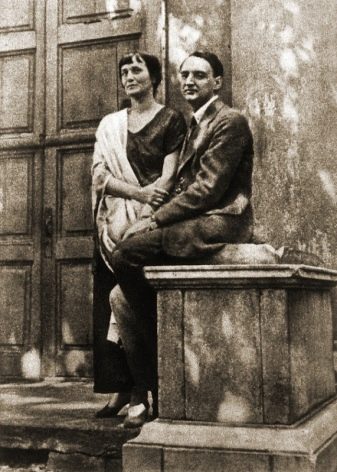
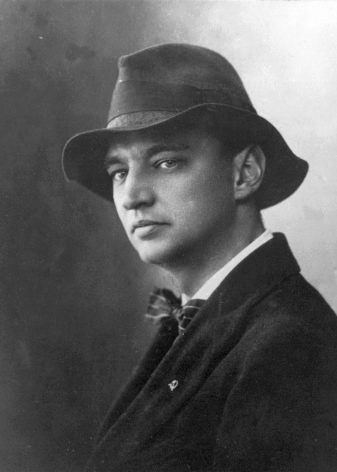
During the years of repression, both Punin and son Leo were sent into exile by someone denouncing someone. During World War II, Anna self-willedly was on duty on roofs, digging trenches in Leningrad. She was evacuated to Tashkent.
After the war, she was deprived of membership in the Writers' Union, food cards were taken away, and she was not allowed to print.
Rehabilitated Anna only 4 years before her death.
Until her death, Akhmatova remained a beautiful and proud woman who was not broken neither by circumstances nor menwith whom, to be honest, not too lucky. There were also short fleeting novels in her life, but the poetess did not find true happiness.
